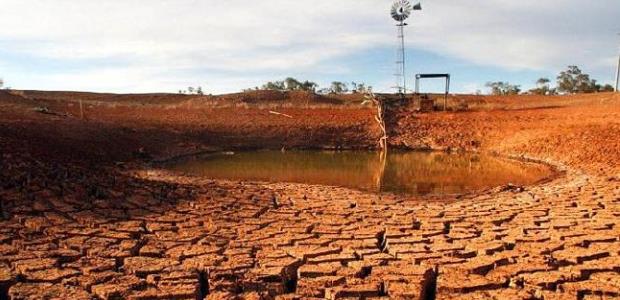
NOAA Report Links Climate Change to Heat Waves' Severity
The connection between human activities and increased severity and likelihood of droughts, storms, and heavy rain events was not as clear, according to the agency.
A report released Sept. 29 explores the causes of 2013 extreme weather and climate events around the world and ties human-caused climate change to the increased severity of heat waves that year in Australia, New Zealand, Japan, Korea, and China. Published by the Bulletin of the American Meteorological Society, the "Explaining Extreme Events of 2013 from a Climate Perspective" report looked at 16 extreme events on four continents. Three of the report's four lead editors are NOAA scientists.
The report says the connection between human activity and U.S. events--California's severe drought and rainfall events and storms--is not as conclusive. However, it says there is evidence to suggest early autumn extreme snowfall events in western South Dakota are less likely to occur as a result of human-caused climate change.
"This annual report contributes to a growing field of science, which helps communities, businesses, and nations alike understand the impacts of natural and human-caused climate change," said Thomas R. Karl, director of NOAA's National Climatic Data Center. "The science remains challenging, but the environmental intelligence the report yields to decision makers is invaluable, and the demand is ever-growing."
For weather events where the influence of human activity cannot be conclusively identified with the scientific tools available today, this means if there indeed is a human contribution, it cannot be distinguished from natural climate variability, according to NOAA.
"There is great scientific value in having multiple studies analyze the same extreme event to determine the underlying factors that may have influenced it," said Stephanie C. Herring, Ph.D., lead editor for the report at the National Climatic Data Center. "Results from this report not only add to our body of knowledge about what drives extreme events, but what the odds are of these events happening again-and to what severity."
The report was edited by Herring, along with Martin P. Hoerling of NOAA's Earth System Research Laboratory; Thomas Peterson of the National Climatic Data Center, and Peter A. Stott of the UK Met Office Hadley Centre. It was written by 92 scientists from 14 countries.